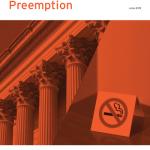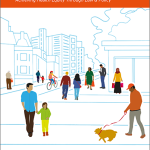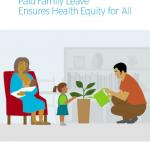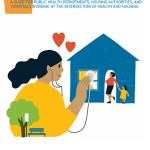Legal Authority for Local Health Officers’ & Local Governments’ Responses to COVID-19 in California
A legal & policy analysis
Local governments are at the forefront of responding to the COVID-19 pandemic in California. It is critical that local governments and local officials such as health officers understand the full scope of their authority to address the crisis.
These entities have authority to engage in core public health activities such as conducting public health surveillance, issuing stay-at-home orders, and issuing isolation and quarantine orders. They also have authority to address the social and economic consequences of COVID-19 through policies aimed at the social and structural determinants of health such as housing and economic security.
Various stakeholders requested an assessment of California local health officers’ and local governments’ legal authority to respond to COVID-19 with respect to paid sick leave, eviction moratoriums, essential businesses, and criminal justice settings. This memorandum outlines whether, when, and how local governments and local health officers in California may exercise their authority under state emergency response laws.
The memorandum first provides an overview of the legal landscape of state emergency response laws, including who can declare emergencies, the varying legal authorities granted by such declarations, and the scope and applicability of those authorities. Within this context, the memorandum then assesses local health officers’ and local governing bodies’ authority to require employers to provide paid sick leave, adopt eviction moratoriums, classify essential workers, and inspect jails. It also offers insights for local health officers, counties, and cities considering adoption of emergency orders or regulations related to these subjects. Finally, the memorandum identifies opportunities to sustain many of these policies even after the COVID-19 emergency subsides.
This legal memorandum was last updated on May 15, 2020, and may not reflect recent changes to applicable laws, recommendations, and best practices. The memorandum does not independently assess the authority of local executives (eg, mayors). Additionally, the analysis applies only to California. Although similarities may exist in other states, understanding the legal landscape requires a state-specific analysis.







